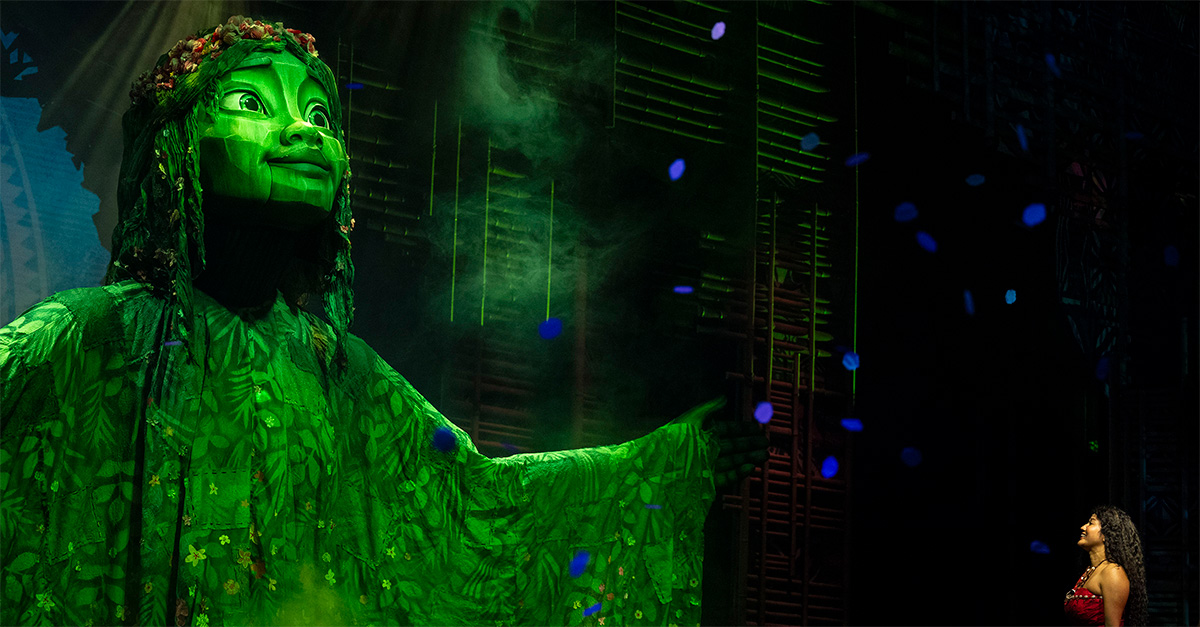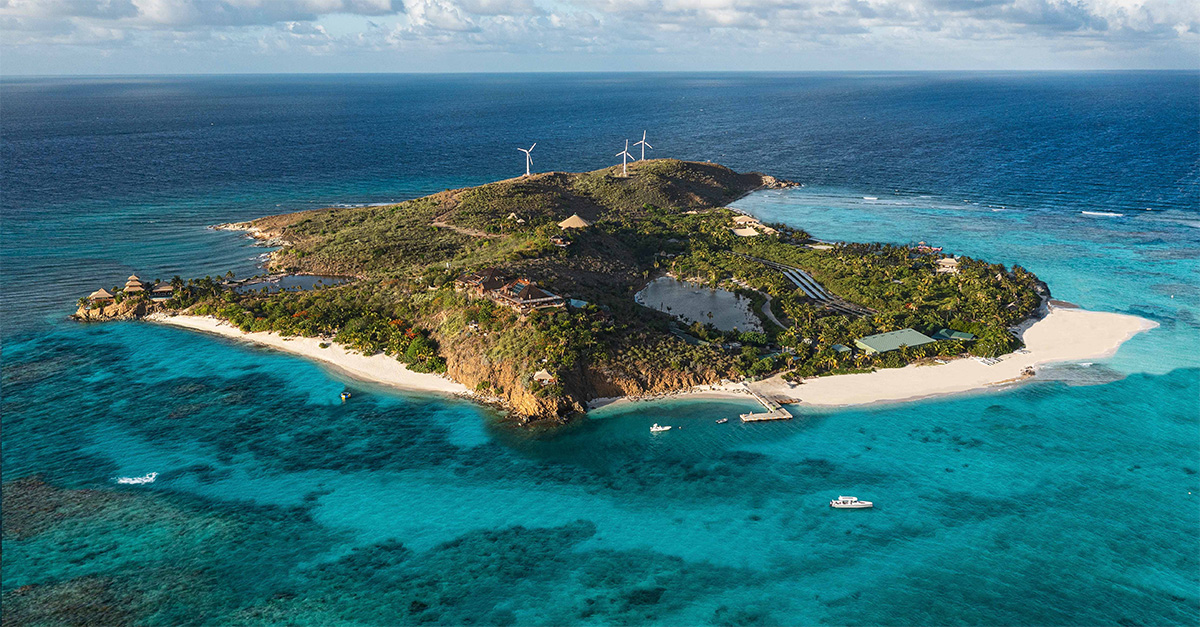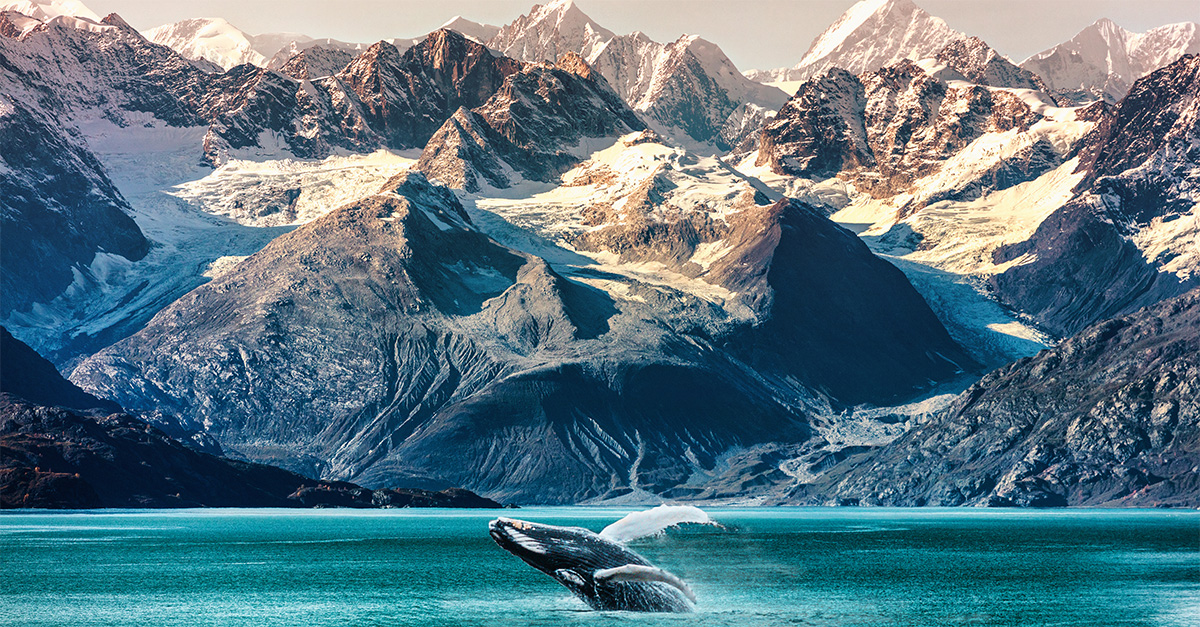Photo courtesy of the Croatian Tourist Board
Dubrovnik is the gateway to a beautiful coast, discovers Joanna Booth
Like this and want more details? Click here to download and save as a PDF.
When Dubrovnik’s Pile Gate was built in the 16th century, the citizens raised and locked its drawbridge every night, and handed the key to the prince. Maybe that’s why the city’s 1.2-mile long fortified walls were never breached throughout the entire Middle Ages.
These days, the gates in the imposing stone fortress – through which I, like most other tourists, entered the city’s historic Old Town – are always open. Fittingly so, as Dubrovnik, and wider Croatia, has been welcoming a bumper crop of visitors.
Numbers from the UK are booming, with 2013’s arrivals up 23% year-on-year. A range of new regional flights should bring the record breaking 1990 figure of half a million Brits annually within sight by the end of 2014.
And Dubrovnik isn’t just Croatia’s star attraction and a great city break destination in its own right. It’s also a convenient gateway to the beautiful Dalmatian coast and the Balkan region as a whole.
What to see
Those monumental city walls are Dubrovnik’s signature feature, and a walk around their uninterrupted length for views of the city and the port may be a tourist staple, but it’s utterly unmissable. Rising to heights of 25 metres at some points and punctuated by fortresses and towers, they encircle most of the old centre.
Opening hours vary from summer to winter, so advise clients to check these, and cruise schedules, if they find large crowds an issue. In summer, early-ish morning or late afternoon will make for a cooler, more pleasant stroll.
For an even more bird’s-eye view, suggest the Dubrovnik cable car. Originally built in 1969 but refurbished and reopened in 2010, its jaunty orange cars carry visitors up to the 405-metre-high summit of Mount Srd, where they’ll find a restaurant, shop and viewing area where you can stop and drink in the truly stunning vista – Dubrovnik’s terracotta rooftops, the azure Aegean and the green Croatian countryside. A round-trip ticket costs just over £10.
For those with an interest in the unrest in the Balkans, the next door Fort Imperial is now a museum with an exhibition on the Croatian War of Independence.After looking down at its caramel-coloured streets from above, it’s time to go for a wander in the Old Town. Entering through the Pile Gate, you’ll hit Stradun, a wide boulevard whose marble floor has been polished to a shine by sheer footfall.
It’s a good orientation point – Dubrovnik’s narrow streets can feel maze-like and difficult to navigate, so popping back out to Stradun can calm the confusion. Failing that, it’s easy to console yourself with an ice cream. Croatians make gelato good enough to keep the Italians happy, and in a mind-boggling range of flavours.
Those with a historic or artistic bent will find plenty among the old streets to satisfy, from churches, monasteries and palaces to a modern art gallery. If switching on the brain feels like too much effort, lazy sunbathing is on offer just outside the city walls at popular Banje beach (down a flight of steps by the Ploce Gate), or smaller, quieter Sulici, near the Pile Gate.
The little port beyond the Pile Gate is the departure point for kayaking trips – a great choice for more active travellers. The sea is calm and clear, the views of the city walls from the sea are spectacular, and there’s a stop at one of the best beaches just outside Dubrovnik.
Lokrum is the luscious, green island just off the Old Town. Easily accessible by a 10-minute boat ride leaving from the Old City Harbour (tickets are bought as you board), it makes a relaxing day trip – think sunbathing, swimming, maybe a visit to the botanical gardens or the monastery ruins.
The city’s nightlife is lively, with a range of restaurants and bars dotted around the Old Town. There are plenty of spots for seafood by the harbour, and for sundowner drinks you can’t do better than the famously hard to find Café Bar Buza.
Accessed through a small, gated hole in the city walls, the bar clings to the cliffside with tables snaking down to the water. Choose between Karlovacko, the national beer, Posip, the country’s most renowned white wine, or Rakija, a potent local herbal liquor.

Where to stay
Those who value historic character may well want to stay within the city walls. Much of the accommodation choice here is apartments, but the Pucic Palace is a 17-room boutique hotel in a converted baroque building in the heart of the Old Town. There are three restaurants, and guests have exclusive access to the East West Beach Club on nearby Banje Beach. Kirker Holidays offers three-night stays with breakfast from £748, including flights from London and private transfers.
Just steps outside the Pile Gate clients will find the rather grand facade of the Hilton Imperial Dubrovnik, a converted 19th-century building with 147 stylish rooms. This has the proximity for sightseeing, but benefits from the facilities of a larger hotel, including an indoor pool and a choice of bars. Classic Collection offers three nights with breakfast from £545 including flights and private transfers.
Many of the city’s hotels are located on the Lapad peninsula, a mile to the west side of town. Here, Balkan Holidays recommends the three-star Hotel Komodor for value, with a three-night, half-board break including shared transfers and flights from Gatwick leading in at £273. Built in the 1930s, the traditional stone building has elements of period charm, and the hotel is cosy and quiet. Clients can take a dip in the terrace pool, or head for the beach, just 50 metres away.
Also on the Lapad peninsula, the Hotel Dubrovnik Palace reopened in June after a six-month refurbishment. It’s a large property set into the cliff, with private balconies and sea views for all 271 rooms and 37 suites, a beach with watersports and a dive centre. The look is crisp, clean and stylish, with Croatian designers brought in to create the furniture, wallpaper and fabrics.
There are large pools indoors and outdoors, and three speciality restaurants including a traditional Dalmatian taverna, a healthy cafe, and a beach restaurant, as well as the main dining room. Thomson offers four nights with breakfast from £579, including flights from Birmingham.
Moving on
For those who want to extend their trip, Croatia’s islands provide secluded spots to soak up the sun.
Closest are the Elaphiti islands, accessed by regular ferries and providing a relaxing contrast to buzzy Dubrovnik. Tiny, car-free Lopud has just one picture-postcard village of stone houses, pine forests and a long sandy beach. Anatolian Sky offers three nights in Hotel Uvala in Dubrovnik and four nights in Hotel Lafodia in Lopud from £799 including flights and private transfers.
The southern Dalmatian islands became even easier to visit this summer, with additional fast catamaran services laid on. Hvar’s town is ultra stylish, but the rest of the island is quiet and relaxed, as is Korcula, which is rural outside its well-preserved medieval centre. Brac has some excellent beaches, including the famous Golden Horn spit that curves out into the sea, and Mjlet is unspoilt, with a large national park and many vineyards.
For those who want mobile relaxation and some gentle sightseeing, Selective Travel Abroad offers week-long itineraries on small ships with just 20 en-suite cabins. A week-long cruise sailing round-trip from Dubrovnik, visiting Mjlet, Korcula and Hvar, as well as the wine-growing area of the Peljesac peninsula and Sipan, one of the Elaphiti islands, starts from £475 half-board.
Dubrovnik also makes a convenient jumping-off point for multi-country holidays. Clients don’t even have to keep unpacking their bags on Cosmos Tours and Cruises’ Discover Croatia’s Dalmatian Coast tour. Based in Dubrovnik for seven nights, day excursions visit the Bay of Kotor in Montenegro and Mostar in Bosnia and Herzegovina with its famous bridge. The eight-day trip starts from £736 including flights.
A new Trade Air flight that launched this May linking Dubrovnik and Rijeka airport, with a flight time of one hour 15 minutes, has made twinning the city with the northern Kvarner and Istria regions of the country easier and more convenient. These forested areas have an Italianate feel, with vineyards, villages and Roman remains.
Prestige Holidays reports “huge interest” in this option, and offers a beach twin-centre with four nights on the Opatija Riviera and four nights in Cavtat, just outside Dubrovnik, from £895, including international and domestic flights.

Bol, on the island of Brac. Photo courtesy of the Croatian Tourist Board
Direct flights to Dubrovnik
British Airways: Gatwick (year round)
Thomson: Gatwick, Birmingham, Manchester, Newcastle, and new for 2015, Glasgow and Bristol. (May 3-October 25)
Jet2.com: Manchester, Leeds Bradford, Newcastle, Edinburgh, Belfast, East Midlands. (Late April/early May-late September/early November)
Monarch: Gatwick, Birmingham, Manchester (May-end October)
easyJet: Gatwick, Stansted and Edinburgh. (April-October/November)
Norwegian: Gatwick (April-end October)
FlyBe: Birmingham (May-September)




